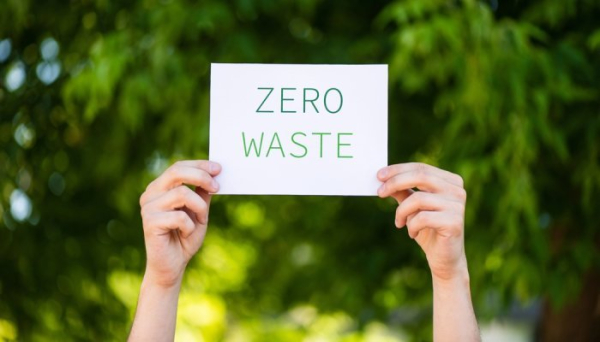
More than 90 countries called on Tuesday, June 10, during the third United Nations Ocean Conference, for a global treaty to restrict plastic production, ahead of another round of hard-fought negotiations on the pact.
Ahead of the next round of negotiations, in August, for an international treaty on reducing global plastics pollution, ministers from 95 countries issued a symbolic call for a binding treaty that caps plastic production and phases out harmful chemicals.
“We call for a legally binding obligation to phase out the most problematic plastic products and chemicals of concern in plastic products including those most likely to cause harm or hinder circularity,” wrote the signatories of this text.
“Very strong signal”
“This declaration sends a clear and strong message: we will not give up,” France’s environment minister Agnes Pannier-Runacher said at the UN Ocean Conference in Nice in southern France, where the statement was issued. “This is a lie, we do not, we cannot support this lie,” she added. “We must reduce our production and consumption of plastics.”
Colombian Environment Minister Lena Estrada said the Nice declaration sent “a clear message to the world.”
“We will not accept just any treaty based on false solutions. We will propose the treaty we need. A treaty that does not reduce plastic production will be a blank slate,” she added.
Negociations to resume in August
The signatory countries represent more than half of the 170 countries involved in negotiating a binding treaty on plastic pollution since 2022.
The talks collapsed in late 2024 in Busan, South Korea, with nations unable to agree on how to stop millions of tonnes of plastic waste from entering the environment each year. Negotiations are scheduled to resume in Geneva in early August.
So-called “high-ambition” nations have long pushed for the accord to include caps on the manufacture of new plastic, which is largely made from chemicals derived from fossil fuels.
An opposing group of “like-minded” countries — mostly oil and petrochemical giants — have rejected calls for production limits, and pushed instead for a treaty that prioritises waste management.
Mexico’s environment minister Alicia Barcena said caps on plastic were critical “to send a message on the root of the plastic crisis” and recycling and waste management alone would not solve the problem.
In 2019, the world produced around 460 million tonnes of plastic, a figure that has doubled since 2000, according to the Organisation for Economic Co-operation and Development.
Plastic production is expected to triple by 2060.
But just nine percent of plastic is recycled globally and every day, the equivalent of 2,000 garbage trucks worth of plastic waste is dumped into oceans, rivers and lakes.
“We are heartened to see this demonstration of ambition from the majority of countries, who are showing a united front against the small number of petro-chemical states trying to prevent a strong treaty,” said Ana Rocha from GAIA, an alliance of activist groups.
The declaration also called for the elimination of “chemicals of concern” in plastics that are harmful to human health and the environment.
A treaty lacking these elements or based on voluntary measures “would not be effective to deal with the challenge of plastic pollution”, they said.
Plastic pollution is so ubiquitous that microplastics have been found atop Mount Everest, in the deepest ocean trench, and in human blood and breastmilk.
UN Secretary-General Antonio Guterres on Tuesday urged nations to “confront the plague of plastic pollution” and expressed hope the treaty talks would be concluded this year.
